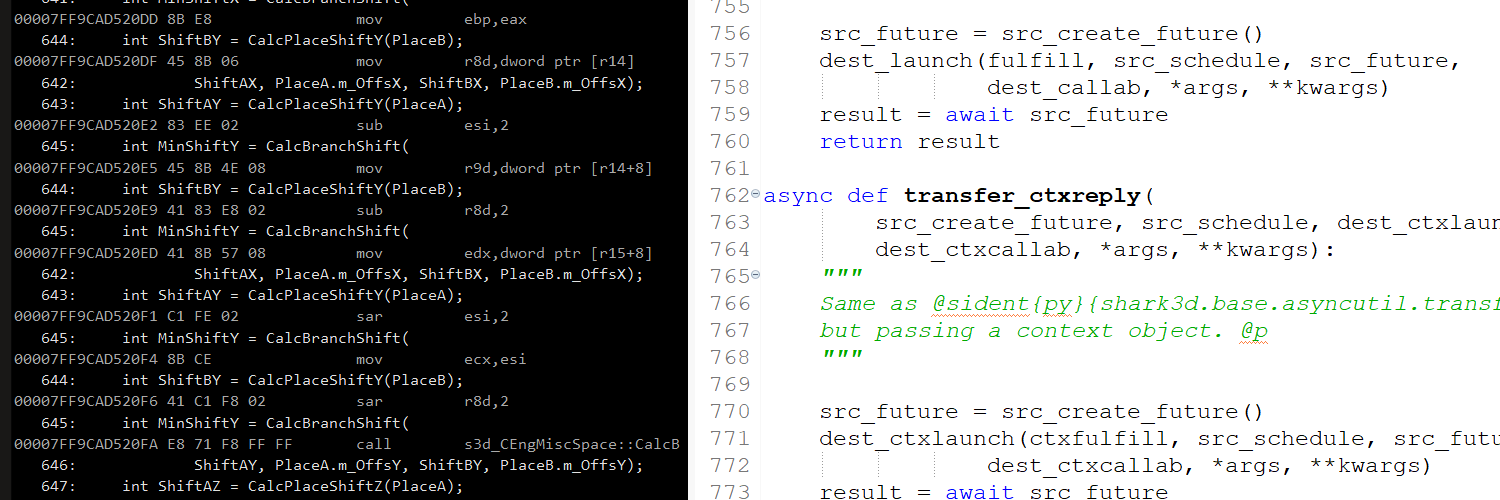


I love creating new software.
"All problems of humanity cannot be solved by another level of inaction" - (what David John Wheeler really meant)
This profile is from a federated server and may be incomplete. Browse more on the original instance.


I love creating new software.
"All problems of humanity cannot be solved by another level of inaction" - (what David John Wheeler really meant)
This profile is from a federated server and may be incomplete. Browse more on the original instance.